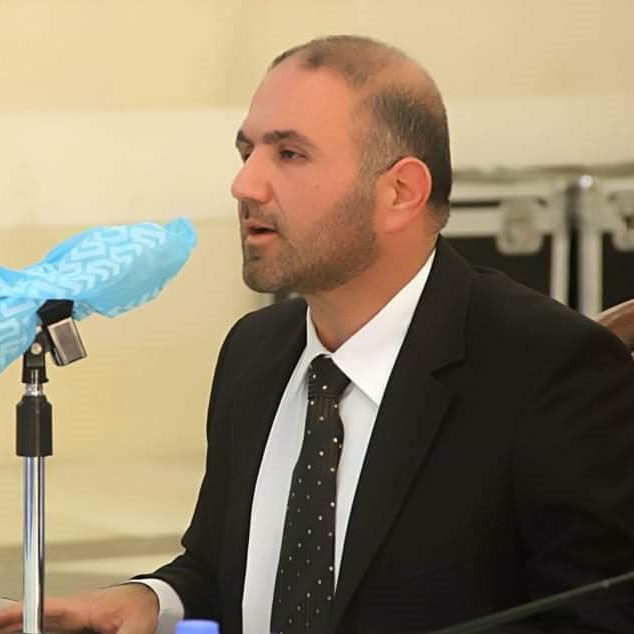Lebanese human rights lawyer Mohammad Sablouh facing increasing threats and intimidation
Timeline
April 15, 2022: MENA Rights Group refers case to the UN Secretary-General ahead of the preparation of the 2022 report on reprisals.
January 11, 2022: The Law Society of England and Wales sends a letter to the Military Court’s Prosecution Office and General Security Directorate urging the authorities to stop the intimidation against Sablouh.
December 1, 2021: UN Special Procedures issue a public statement calling on the Lebanese authorities to immediately cease the threats and intimidation against Sablouh.
November 10, 2021: The Geneva Bar Association sends a letter to the Military Court’s Prosecution Office and General Security Directorate urging the authorities to protect Sablouh and all lawyers from any form of reprisal.
October 27, 2021: Tripoli Bar Association refuses to lift Sablouh’s immunity.
October 20, 2021: The American Bar Association condemns the increased harassment and intimidation of lawyers in Lebanon, including Sablouh.
October 8, 2021: MENA Rights Group sends an urgent appeal to the UN Special Rapporteurs on the independence of judges and lawyers and on human rights defenders.
October 4, 2021: The General Security Directorate publishes a press release commenting on the work of Sablouh; the Government’s Commissioner to the Military Court Judge Fadi Akiki asks Sablouh to come to court in order to ask about one of the torture cases he filed.
September 28, 2021: The Military Court sends a letter to the Tripoli Bar Association requesting that the immunity of Sablouh be lifted.
April 14, 2021: The Director of the General Security makes threatening remarks about Sablouh’s documentation work.






